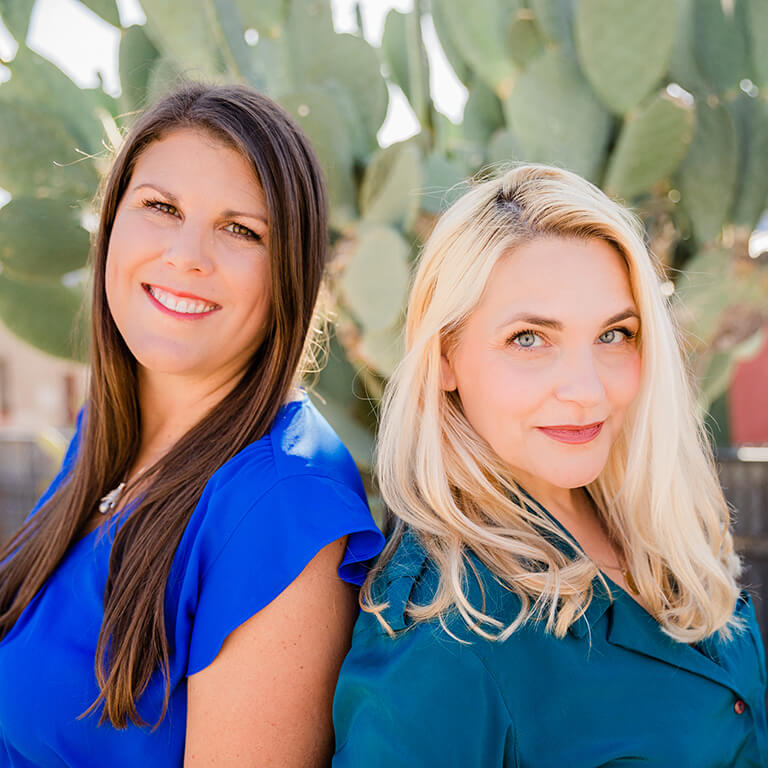
Human Rights, Women’s Equality, & Menopause
Women’s Equality Day was established in 1971 to celebrate the 1920 adoption of the 19th amendment, which prohibits the state and federal governments from denying women the right to vote. But, today, women’s equality means so much more than the ability to vote. Women in the United States and internationally have worked tirelessly to gain full rights and privileges as citizens equal to that of a man. These rights and privileges include (but are not limited to):
- Pay equality - Women still make just 78 cents for every dollar earned by men. Black women earn only 64 cents, and Latinas only 54 cents for each dollar earned by white men.
- Bodily autonomy - According to the United Nations Population Fund, nearly half of women in 57 developing countries are denied the right to decide whether to have sex with their partners, use contraception, or seek health care.
- Safe and adequate housing - The U.S. Department of Justice reports that approximately one in four houseless women are in this status because of violence committed against her by a family member or intimate partner.
- Education - Despite accountability policies intended to mitigate sexual discrimination in schools, gender discrimination in certain education fields drives young women away, creating the STEM/non-STEM divide.
- Harassment-free work environment - About four in ten working women in the United States say they have faced discrimination on the job because of their gender.
What does menopause have to do with women’s equality?
"Women in menopause are kind of erased everywhere." – Dr. Jen Gunter, MD, OBGYN
For years, menopause was this dirty little secret nobody talked about. And, because we didn’t talk about it, women going through perimenopause and menopause had to suffer alone and in silence. Meanwhile, the medical industry was so open and okay about men’s aging symptoms, we saw presidential candidates act as spokespeople for impotency pills.
But, the inequality isn’t just in the lack of conversation around menopause. A woman’s menopause experience is influenced by a multitude of factors including stress, lifestyle, health education, awareness of our bodies, cultural expectations, positive relationships, work environment, and levels of empowerment to seek medical support. In short, all the factors of women’s inequality can make perimenopause and menopause even more challenging than they already are.
Menopause can make working difficult– a UK study found that three out of five working women between the ages of 45 and 55 who are experiencing menopause symptoms reported that it had a negative impact on them at their job. And while women approach their peak professional power during their menopausal years (the average age of a CEO is 53.46 years), we’re still sold a false narrative that older women are incompetent.
Menopause isn’t a dirty little secret. It was never dirty – and it’s now no longer a secret to women or the general populous. In fact, it is a natural, challenging, and liberating time in a woman’s life. As we continue discussions on gender equality in the workplace and beyond, it’s important we embrace intersectionality that includes the voices of women who have dealt or are dealing with perimenopause and menopause. As we do this, we open up avenues for greater equality and improved experiences for women as we age.









